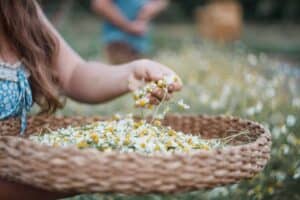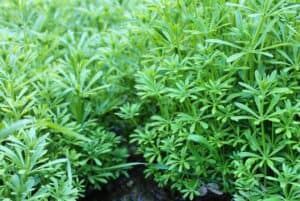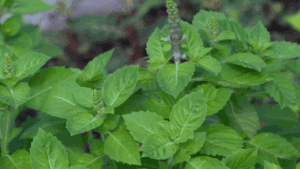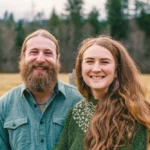In this special episode of The Plant Path, I got a chance to interview a fellow PNW herbalist, Scott Kloos, founder of Cascadia Folk Medicine, The School of Forest Medicine and author of Pacific Northwest Medicinal Plants: Identify, Harvest, and Use 120 Wild Herbs for Health and Wellness.
Scott and I have known each other for a number of years and developed a good connection since we first met. We really have a similar approach to herbalism, in the way that we both do our best to integrate the science as well as the spirituality of herbalism. This is especially true in the way the psycho-spiritual properties of a plant are understood in their relationship to the signatures and physiological properties.
This was a really fun conversation, as Scott and I discuss a wide range of methods of working with the medicinal intelligence of plants. From how they have the ability to heal us spiritually, to the best wildcrafting and medicine making practices, to what it really means to be an herbalist.
Scott and I really have a lot in common in the way we see medicinal plants and the practice of herbalism, even though we approach it from slightly different angles, which to me is fascinating.
The big thing I appreciate about his perspective and approach, is that it’s geared towards healing the whole person (body, spirit and soul) through utilizing the whole plant. Scott truly honors the chemical and spiritual sides of herbalism, and understands the greater context of plant medicine, in that the healing work we do contributes to the healing of the Earth as a whole.
————————————
Scott Kloos—ceremonialist, author, wildcrafter, plant medicine maker and practitioner, animist, singer of plant songs, and aspiring integral ecologist—guides The School of Forest Medicine and Cascadia Folk Medicine and is author of Pacific Northwest Medicinal Plants: Identify, Harvest, and Use 120 Wild Herbs for Health and Wellness. Through his writing and his facilitation of co-created spaces of learning and healing, he explores various ways of working with plants and their medicine, relationships with our nonhuman kin, and ecologically integral modes of engaging with and thinking with the community of life.
Check out his amazing wildcrafted handmade product line at: https://cascadiafolkmedicine.com/ as well as his teachings at the School of Forest Medicine here: https://forestmedicine.net/
For those of you in the PNW, be sure to pickup a copy of his book, an indispensable guide for the NW herbalist!







